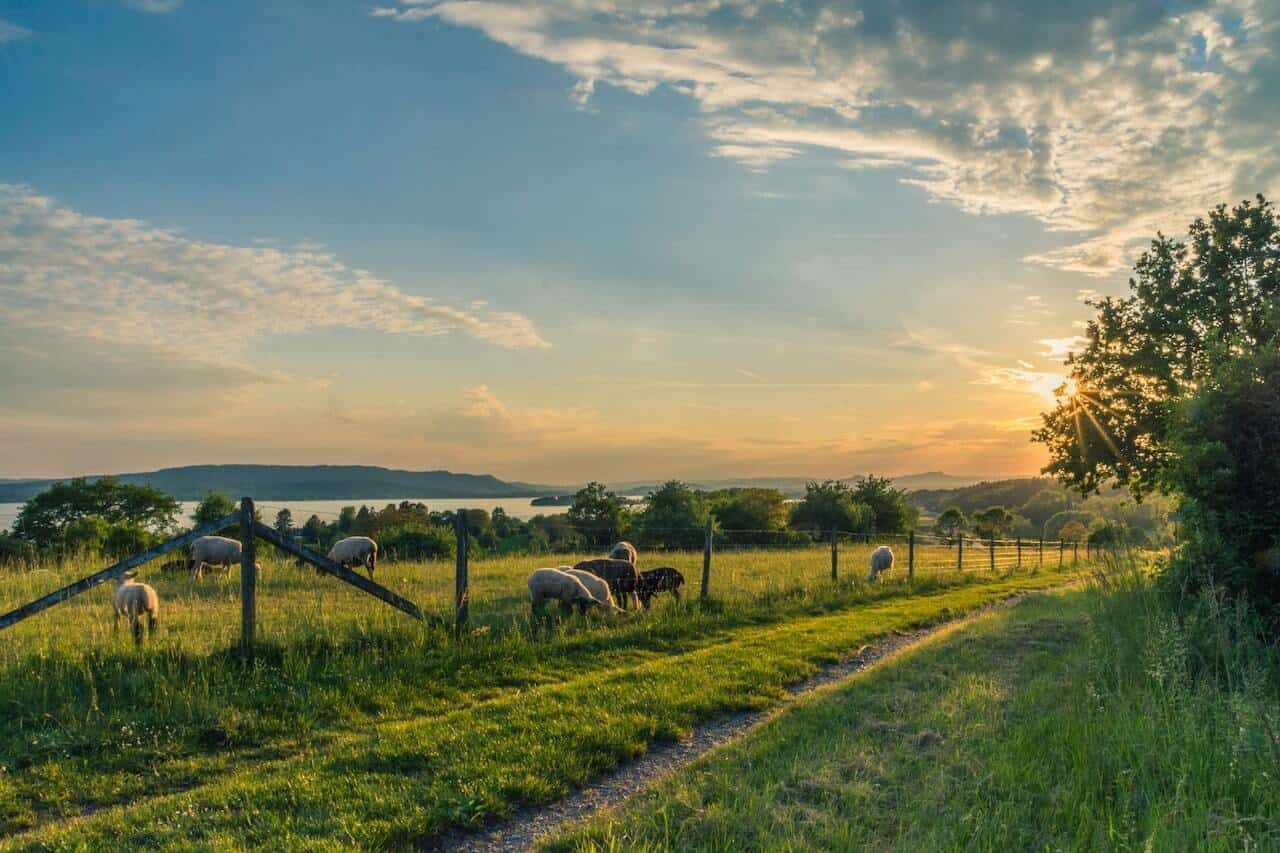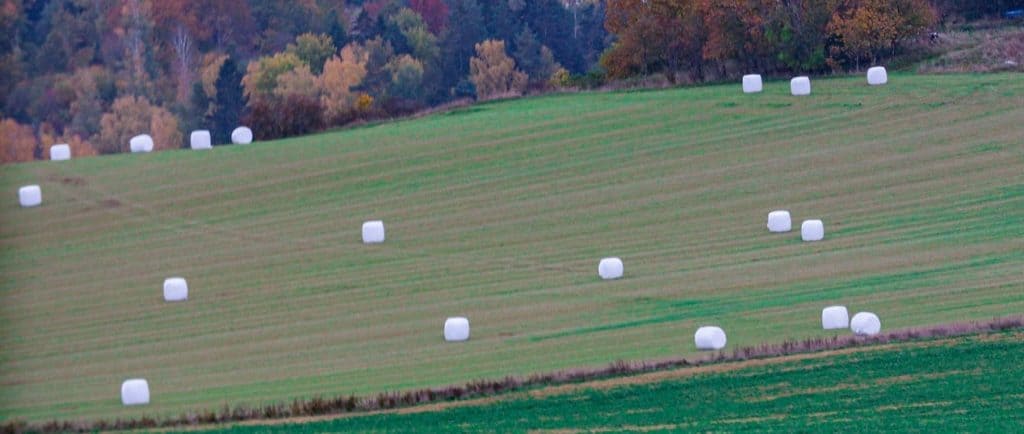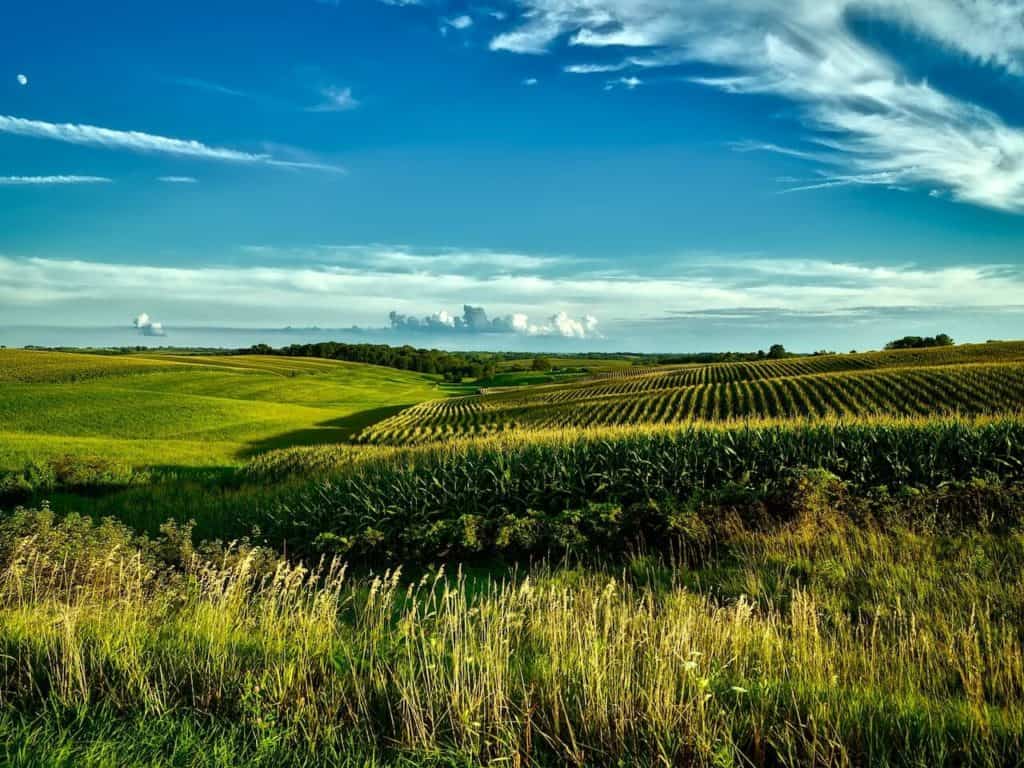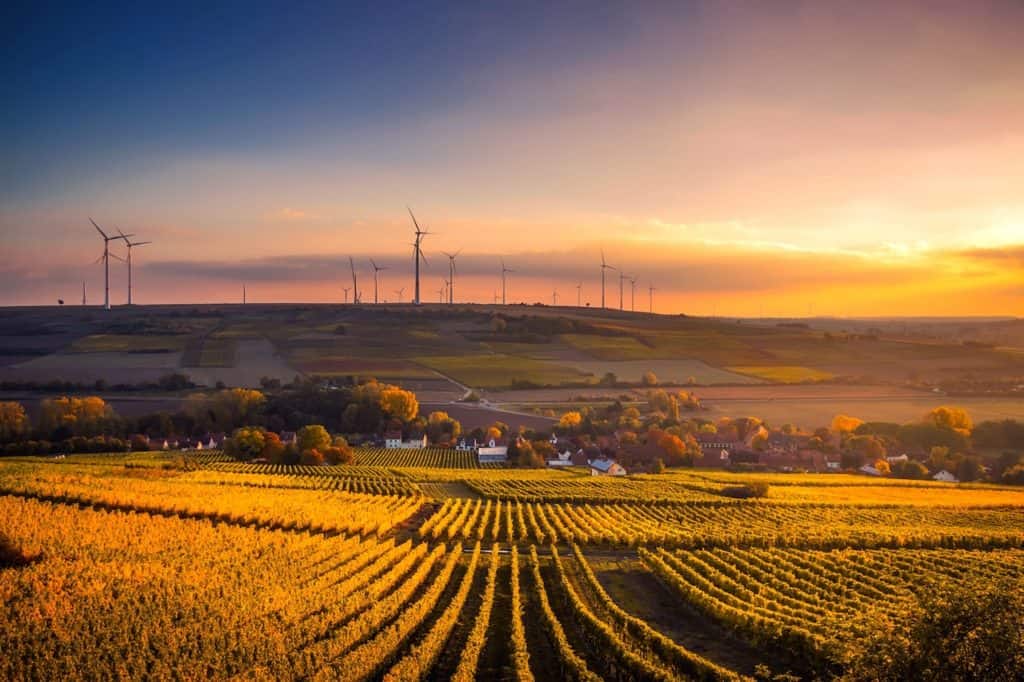How To Get Rid Of Farm Plastic Waste
Farms are essential to our food supply, but they also produce a lot of waste, including farm plastic waste. Plastic usage on farms is increasing, and with it, the problem of agricultural waste.
Farm plastic waste can come in many forms, including silage wrap, seed bags, baler twine, and bale wrap. This waste can cause harm to wildlife and the environment, and if not disposed of properly, can end up in landfills or our waterways.
How To Combat Farm Waste
To combat this problem, businesses like ours have set up farm plastic recycling programs to help farmers reduce their plastic usage and properly dispose of their waste. In this article, we’ll take a look at the benefits of recycling farm plastic waste, the types of plastic used on farms, and the waste management regulations that help guide the process.
The Benefits Of Recycling Farm Plastic
Reduce Landfill Waste
One of the benefits of recycling farm plastic waste is that it helps to reduce the amount of plastic that ends up in landfills. Landfills are becoming increasingly full, and the amount of waste they hold is a growing concern. When farm plastic waste is recycled, it’s transformed into new products, reducing the need for raw materials to be extracted and processed, thereby reducing the overall amount of waste.
Reduce Greenhouse Gas Emissions
Another benefit of recycling farm plastic waste is that it helps to reduce greenhouse gas emissions. When plastic waste ends up in a landfill, it can take hundreds of years to decompose. During this time, it releases methane, a potent greenhouse gas that contributes to global warming. By recycling farm plastic waste, these emissions can be prevented, helping to reduce the overall impact that farms have on the environment.
Plastic Commonly Used On Farms
When it comes to farm plastic waste, there are several types of plastic that are commonly used on farms. One of the most common types of plastic used on farms is silage wrap. Silage wrap is used to cover silage, or stored crops, to protect them from the elements and prevent spoilage. Another common type of farm plastic is seed bags, which are used to store and transport seed. Baler twine is also a common type of farm plastic that’s used to bale hay and straw. Finally, bale wrap is used to wrap bales of hay and straw, protecting them from the elements.
Farm Waste Regulations
To help farmers reduce their plastic usage and properly dispose of their waste, there are waste management regulations in place. These regulations help to ensure that farm plastic waste is properly collected and disposed of, reducing the potential harm it can cause to wildlife and the environment.
Our business has set up a farm plastic collection scheme, which provides farmers with a convenient way to dispose of their farm plastic waste. Through our recycling scheme, farmers can bring their waste to one of our transfer stations, where it’s sorted and sent to be recycled.
Recycle Your Farm Waste With Us
Recycling farm plastic waste is a crucial step in reducing the impact that farms have on the environment. By properly disposing of their waste, farmers can help to reduce the amount of plastic that ends up in landfill sites and reduce greenhouse gas emissions. Book your collection today and have your farm waste recycled into new products. We recycle agricultural plastic, silage wrap, bale wrap, polytunnel, crop covers, fertiliser bags, and HDPE canisters.








